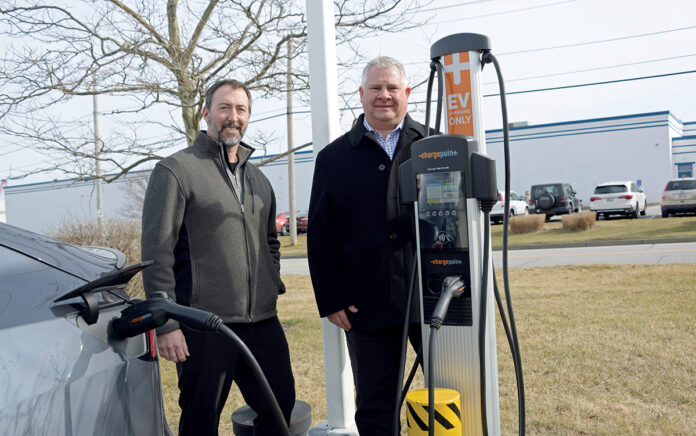Rhode Island made a landmark commitment to slashing greenhouse gases emanating from the state when the General Assembly passed the Act on Climate law in 2021.
It set an ambitious goal of reaching net-zero emissions in less than 30 years. In other words, nearly completely negating the greenhouse gases produced by human activity by 2050.
That sounded great. In a region that could be ravaged by future sea-level rise, the Ocean State was doing its part to slow climate change.
But two years later, reality is setting in.
Preliminary modeling suggests that the state could miss an upcoming 2030 target – a 45% cut in carbon emissions from the 1990 baseline. And the details on how to reach that goal and future ones are still being developed.
As this week’s cover story reports, state leaders in charge of overseeing net-zero efforts also have done an insufficient job of looping in the business community.
It’s no secret that businesses have a massive carbon footprint – particularly in the manufacturing sector – but few businesspeople seem to have a clear sense of what the Act on Climate is asking of them.
David M. Chenevert, executive director of the Rhode Island Manufacturers Association, says his members aren’t against reducing greenhouse gases. But he says there’s been precious little information about how they’re going to reach the goals and how it’s going to be paid for.
Rhode Island might be poised to miss its first emissions target in 2030, but unless the business community becomes a bigger part of the process, the state is bound to miss much more than that.













